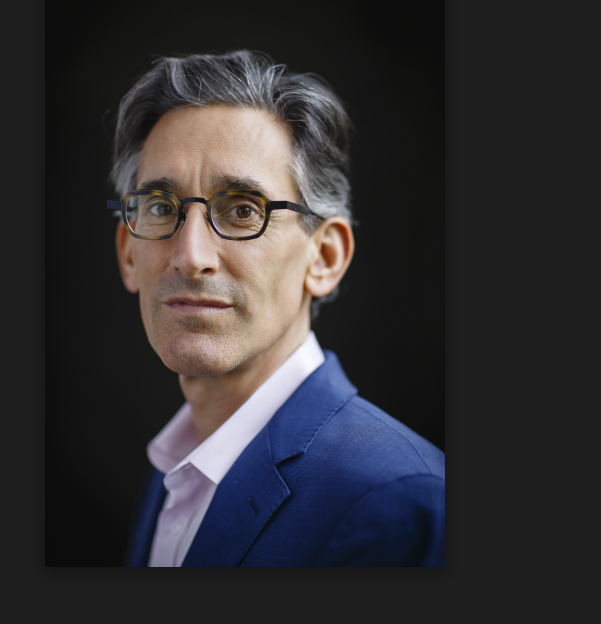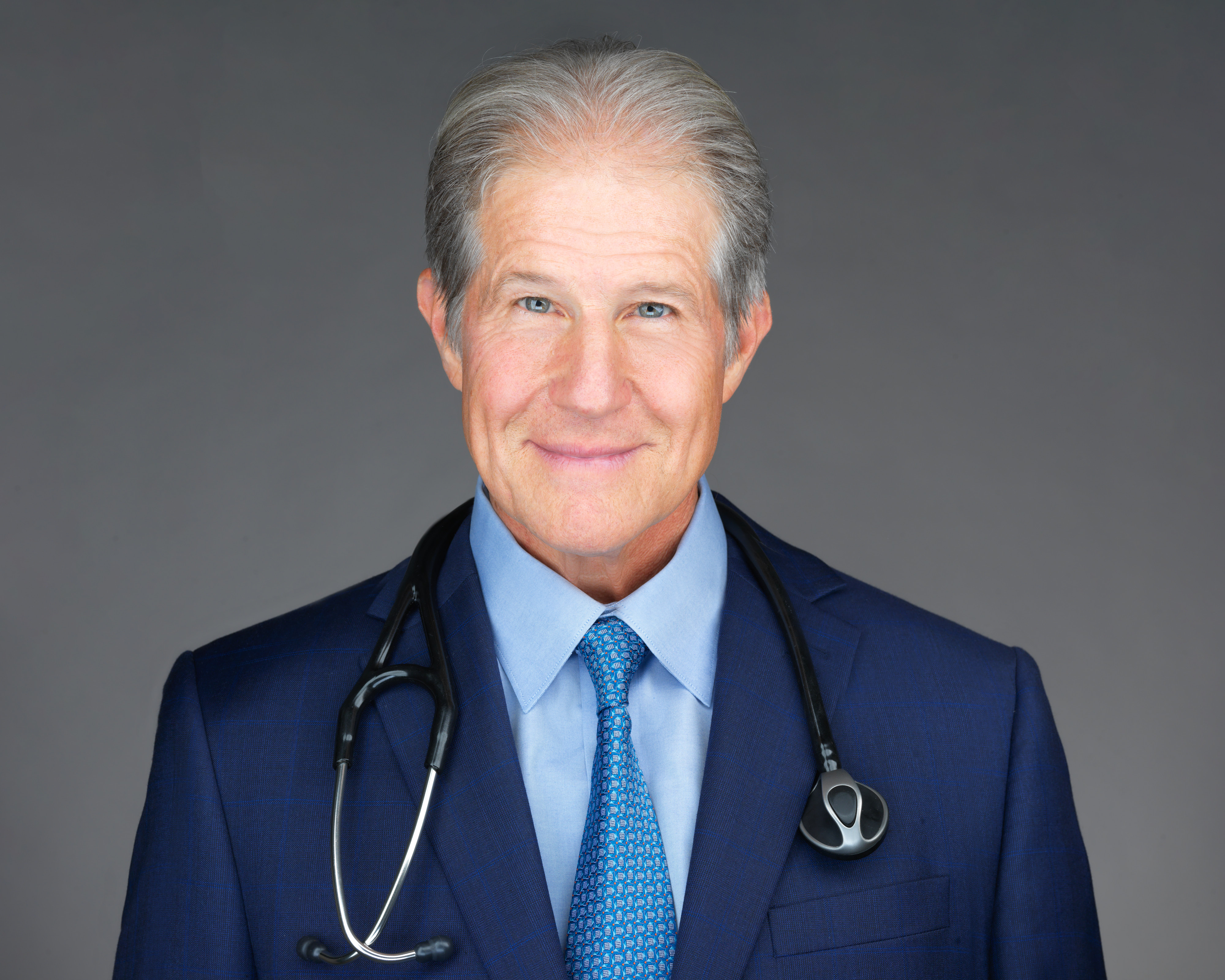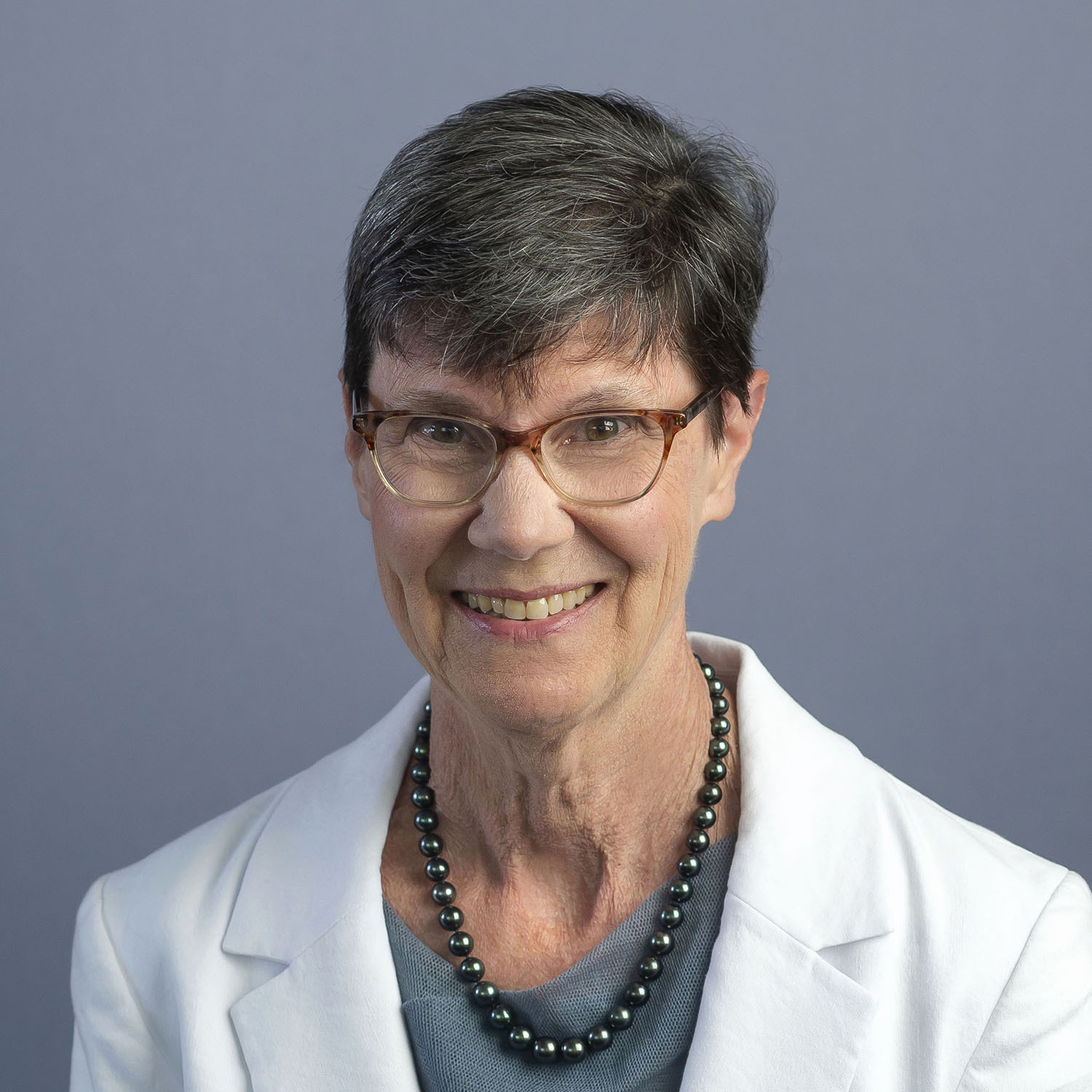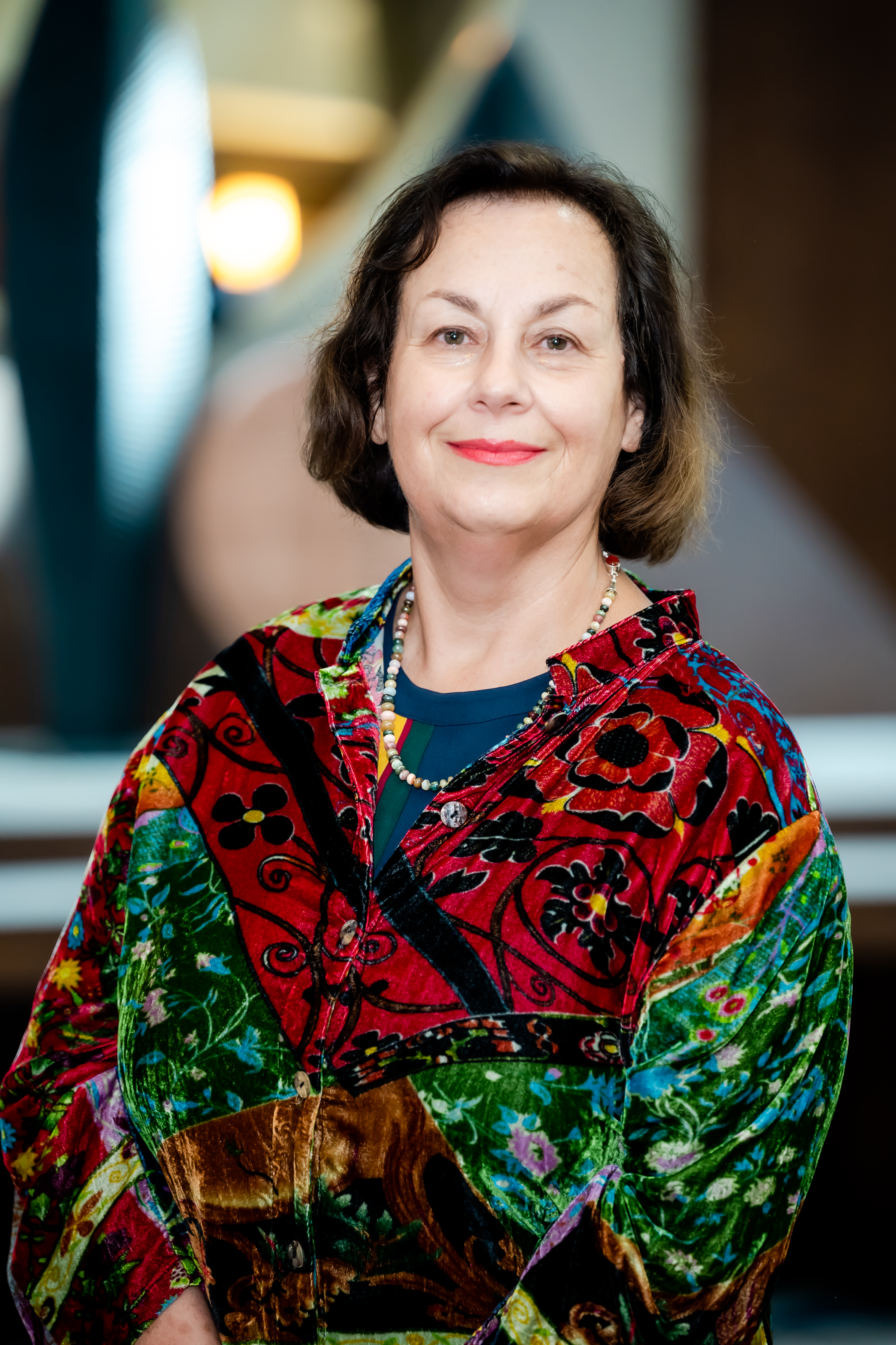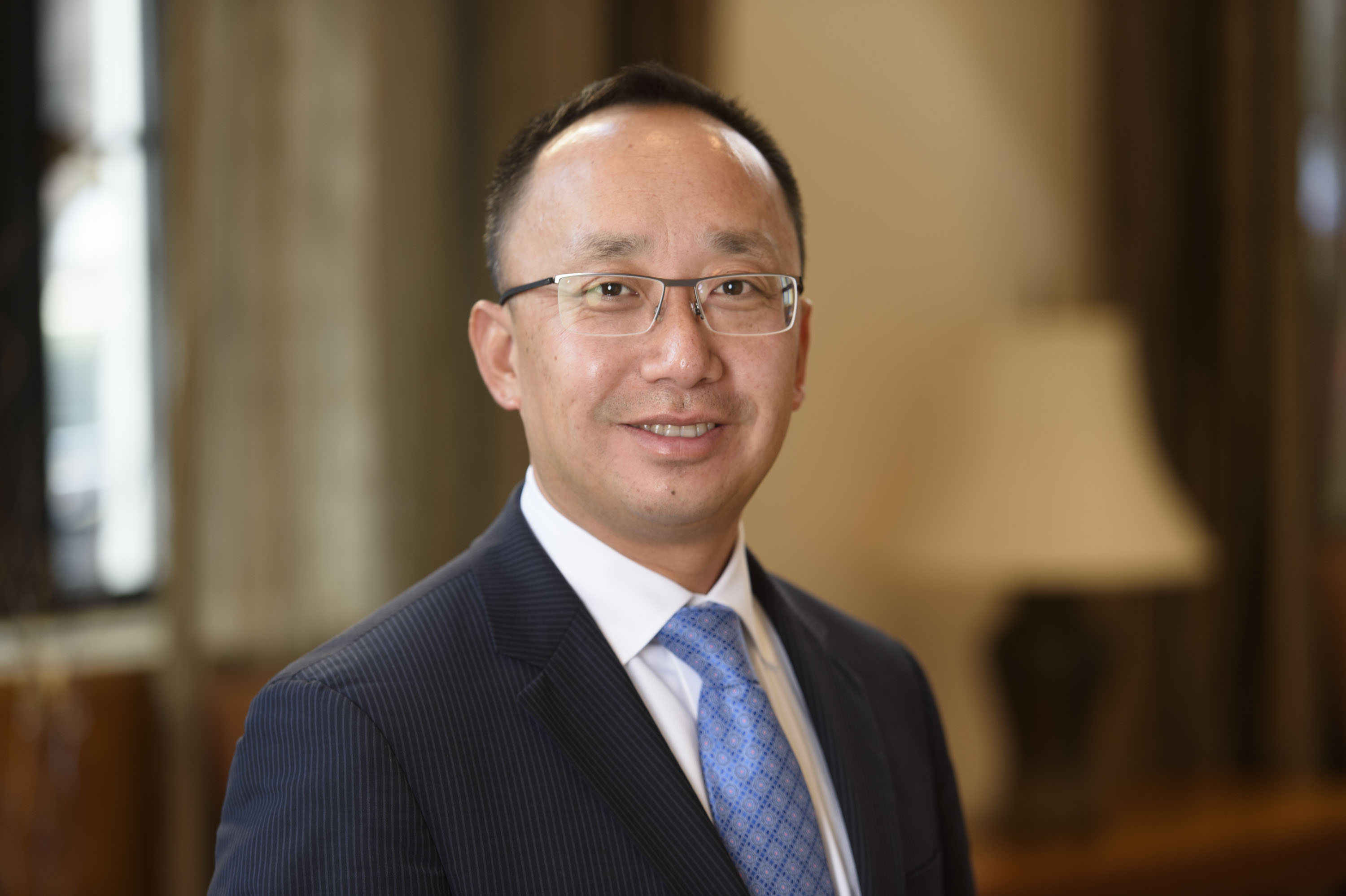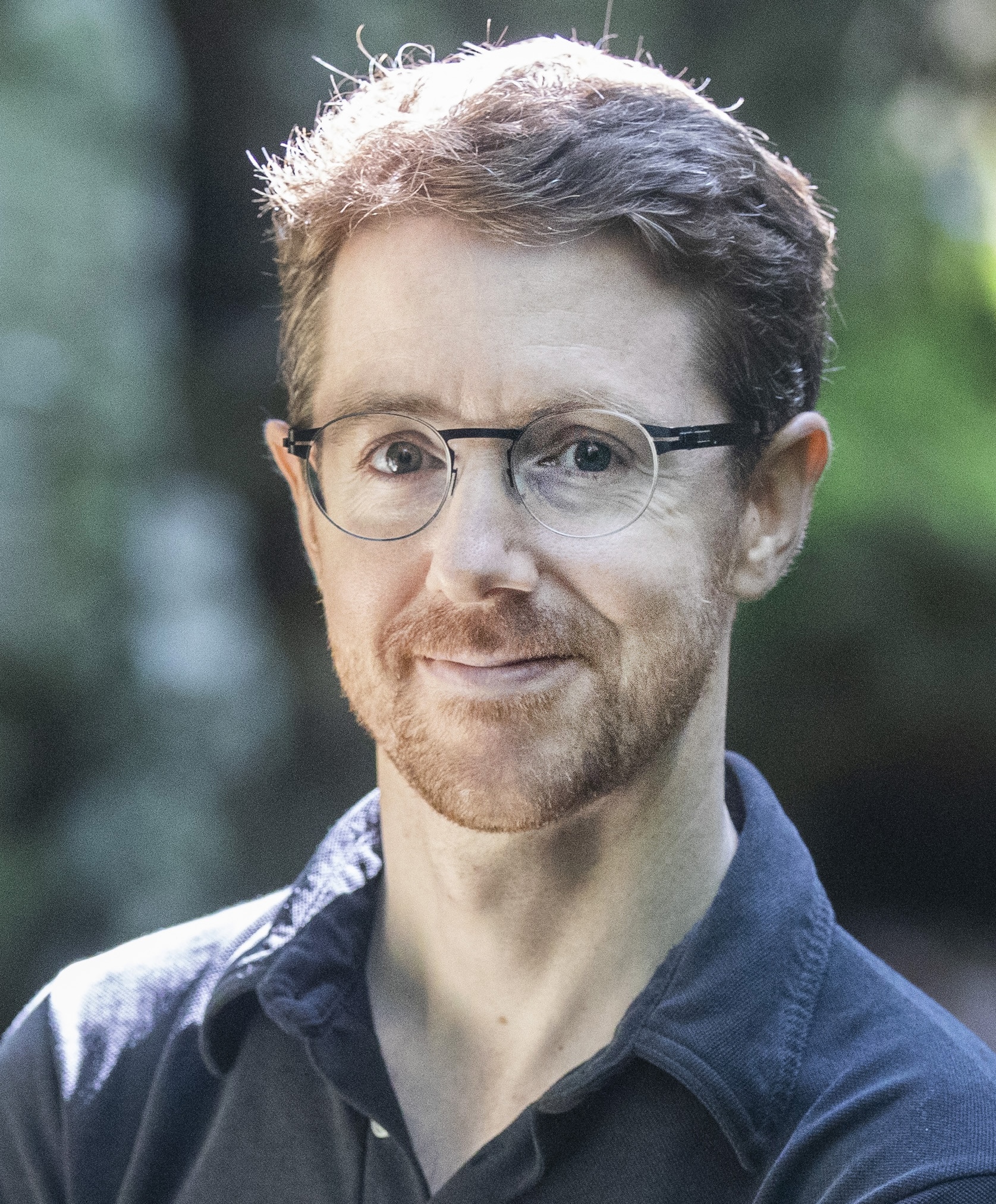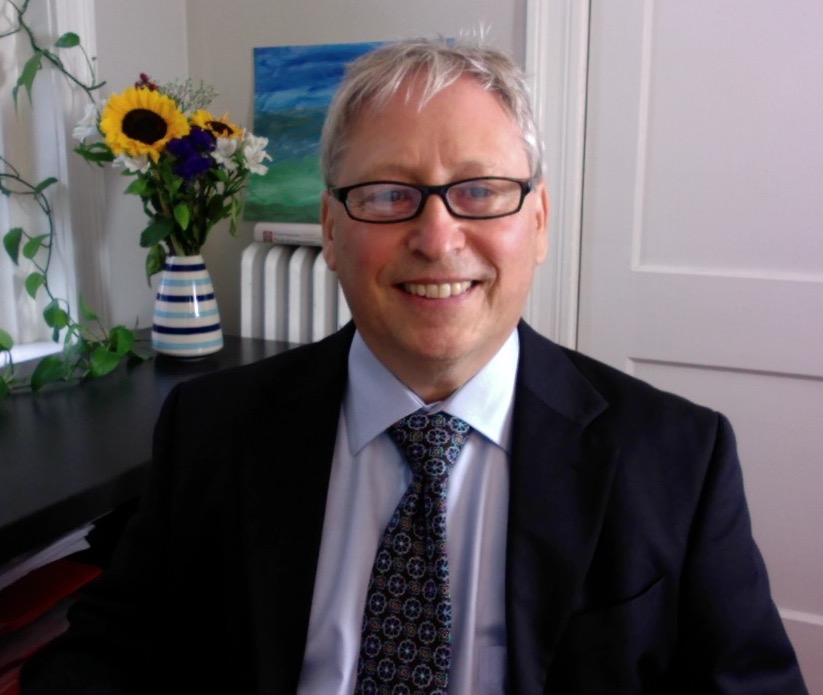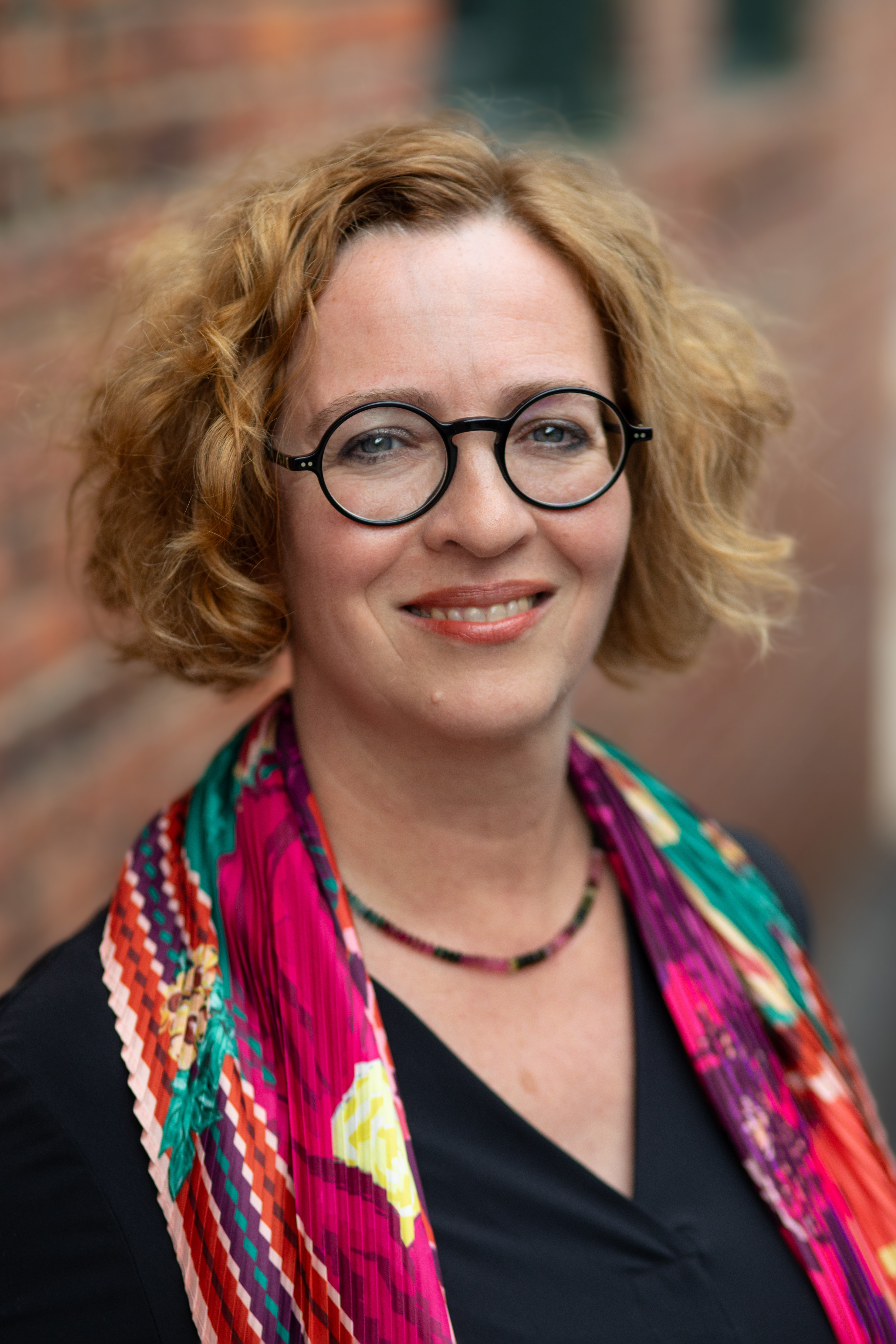Lorenzo Cohen
Lorenzo Cohen, PhD, is the Richard E. Haynes Distinguished Professor in Clinical Cancer Prevention and Director of the Integrative Medicine Program at The University of Texas MD Anderson Cancer Center. Dr. Cohen is a founding member and past president of the Society for Integrative Oncology. Dr. Cohen leads a team conducting research and delivering clinical care of integrative medicine practices such as meditation, yoga, hypnosis, music therapy, acupuncture, massage, diet, exercise, and other strategies aimed at reducing the negative aspects of cancer treatment and improving quality of life and clinical outcomes. Dr. Cohen has conducted some of the first randomized clinical trials of yoga in cancer patients and continues this important research today. As the majority of cancers are preventable, Dr. Cohen is also conducting research to demonstrate that lifestyle factors including healthy diet, physical activity, stress management, and social support can influence cancer outcomes. Being influenced by his grandmother, legendary yogini Vanda Scaravelli, he also has his own yoga practice and obtained his RYT 200. More recently, along with Dr. Peiying Yang they are conducting in depth research on biofield therapies. Dr. Cohen has published more than 200 scientific articles in top medical journals, has published numerous book chapters, edited two books on integrative medicine for cancer care, and co-edited the book entitled The Principles and Practice of Yoga in Health Care. Dr. Cohen is also co-author of a book entitled Anticancer Living: Transform Your Life and Health With the Mix of Six (Penguin Random House).

